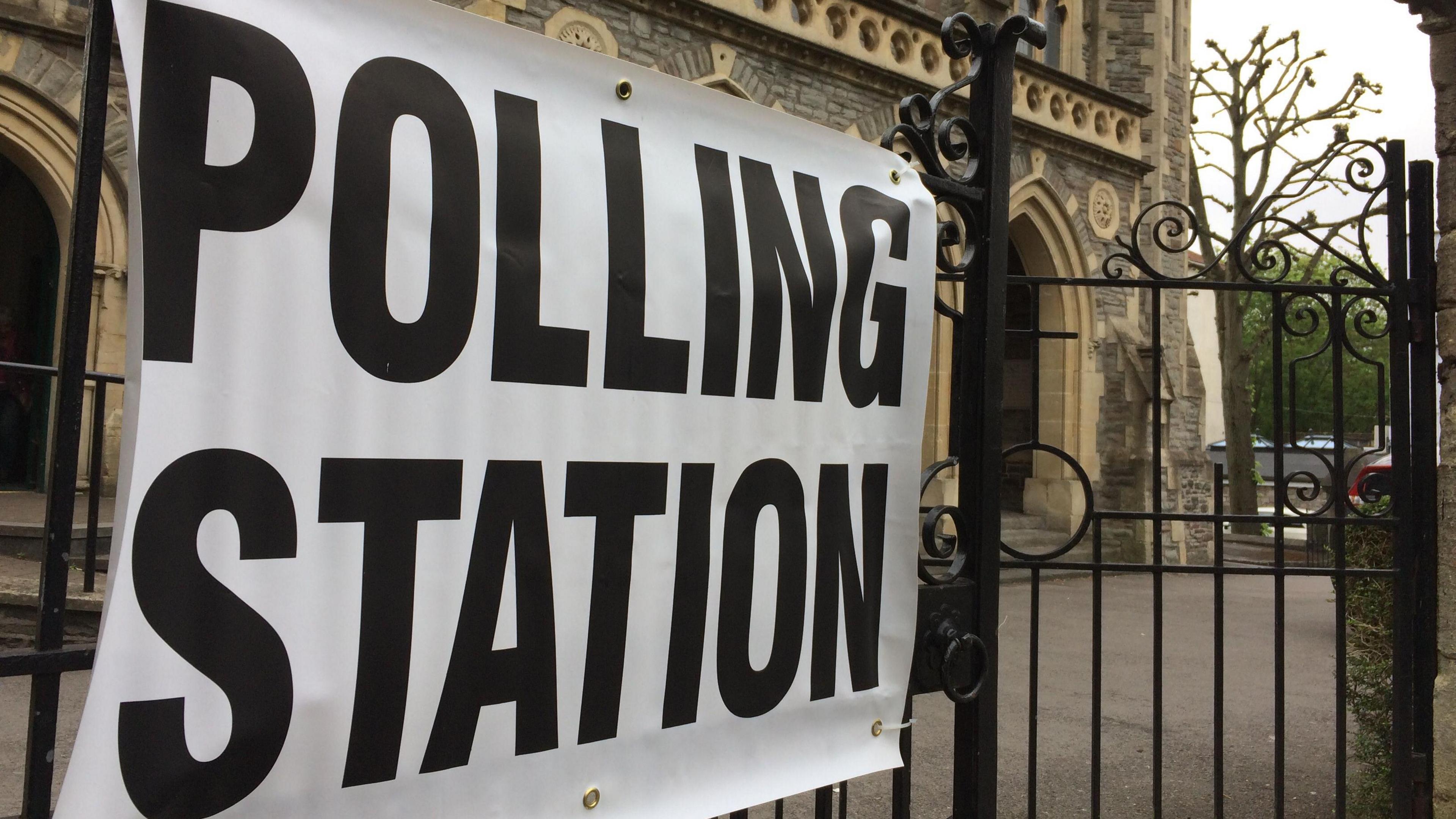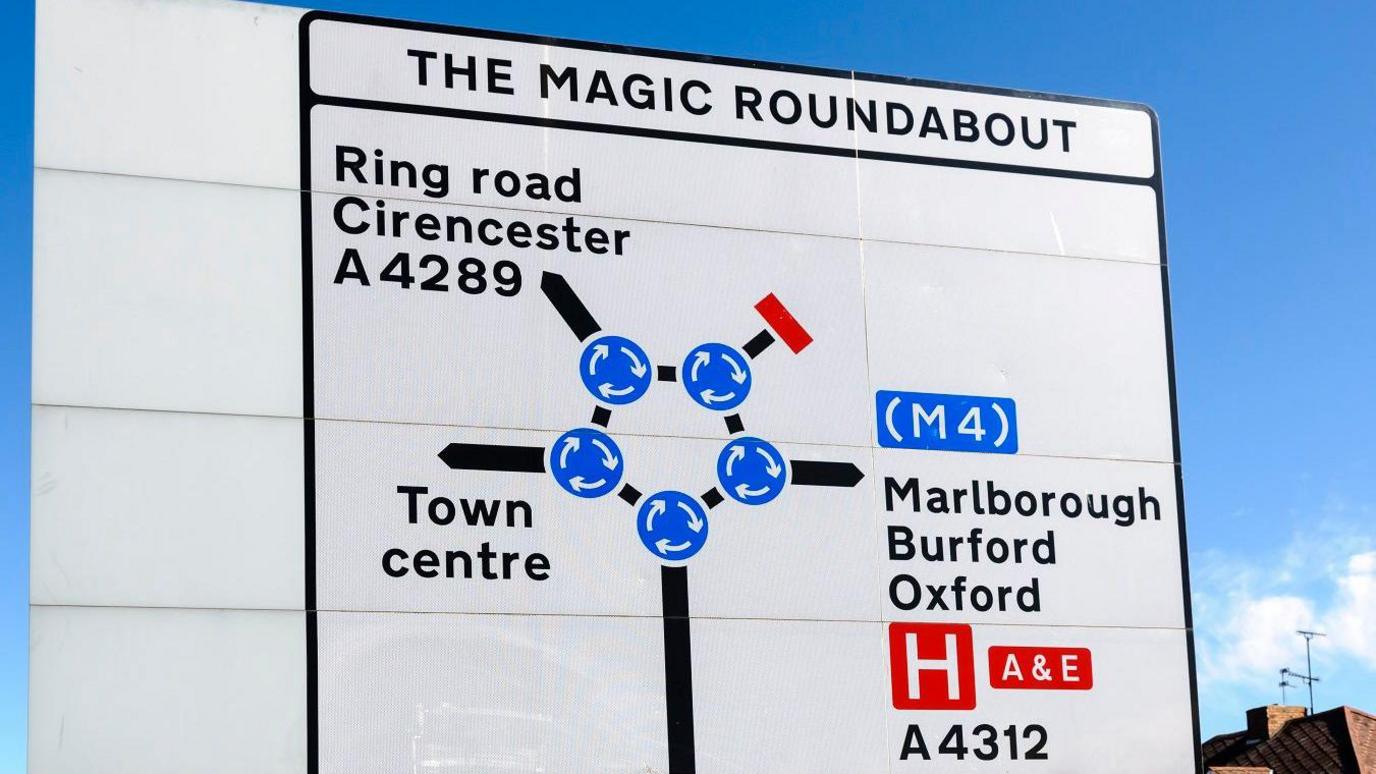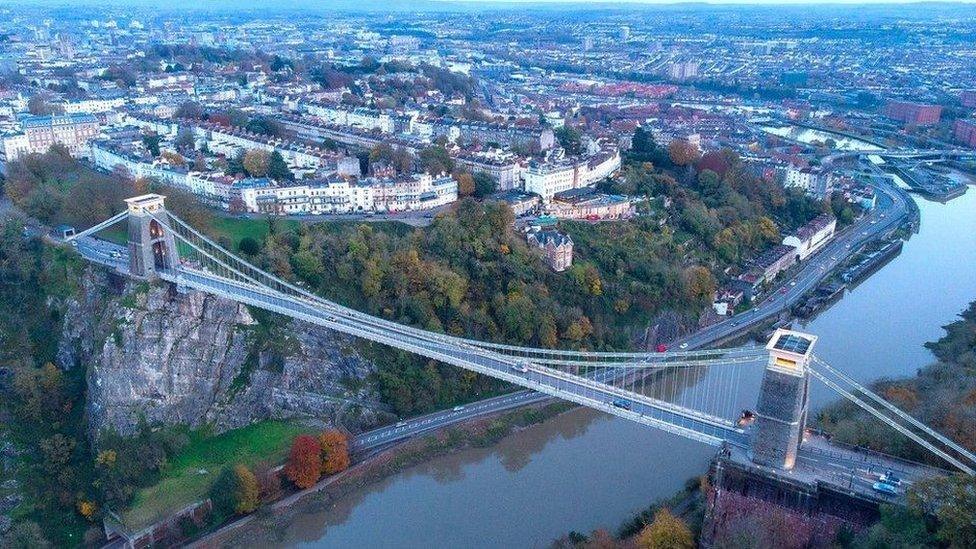West to get different seats and boundaries at election

- Published
Before a vote is cast, we already know hundreds of thousands of us will have a new MP come 5 July.
Almost all of the West’s parliamentary constituencies are changing, in order to even out the number of voters in each.
And because of the region’s growing population, there will be a net gain of two Members of Parliament.
Sometimes people worry that boundary changes are cooked up by politicians to better their electoral chances.
Fear not: an independent organisation called the Boundary Commission works at it for years, and does what it calculates is best for democracy.
The situation in the former seat of Bristol West demonstrated the problem: the number of voters had swelled to nearly 100,000.
The new seats will each have electorates around 73,000 (give or take a few thousand).
A lot of new names
In the West Country, that necessitates boundaries changing everywhere except the Forest of Dean.
And it means lots of new names.
Some sound quite charming – like Wells and the Mendip Hills.
Others are a bit of a mouthful – such as North East Somerset and Hanham.
It also means extra MPs – to represent the increased numbers living here.
For some of those elected to Parliament on July 4, the job is also getting more complex.
Two new seats cross county boundaries.
South Cotswolds is in both Gloucestershire and Wiltshire, while Tiverton and Minehead is in both Devon and Somerset.
Their MPs will have to deal with two sets of major councils, two police forces, and two or more NHS health trusts.
Confusing for them, and for constituents across the West who want help; after 4 July they will have to work out what seat they are in – and who now represents it in Parliament.
Follow BBC Gloucestershire on Facebook, external, X, external and Instagram, external. Send your story ideas to us on email or via WhatsApp on 0800 313 4630.
- Published12 June 2024

- Published29 June 2023

- Published4 July 2024

- Published3 July 2024

- Published3 June 2024
